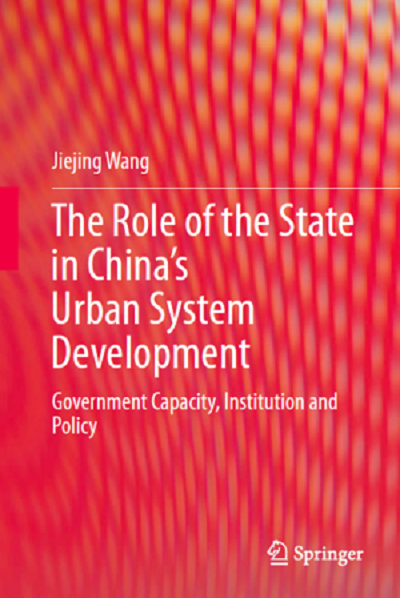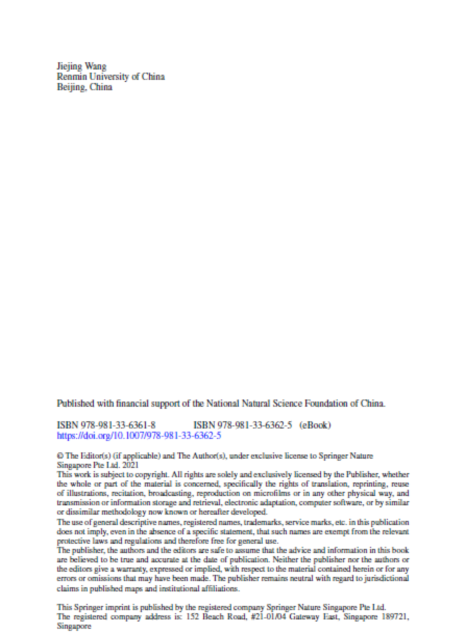2021-03-22


内容简介
政府的角色使得中国城镇化和城镇体系演化呈现出独特的特征。但是,政府如何在城镇体系演化过程中发挥作用?作用产生了什么样的影响?上述问题值得深入研究。本书从政府能力、制度和政策角度实证分析政府对城镇体系演化的影响。重点关注了城市政府能力及其空间结构如何影响不同城市的增长,从而影响城镇体系空间结构的演化;城市行政等级体系以及等级升级如何对城市规模等级结构产生影响;模拟了改革开放初期确立的城市发展方针如何影响了城镇体系的规模等级结构。本书认为政府对中国城镇体系演化的影响是通过由一系列制度和政策安排形成的政府分层级性权力关系(hierarchical power relations)带来的城市增长的差异,从而推动了城镇体系演化,从这一内在机制出发可以尝试打开政府对城镇体系演化影响的“黑箱”(black box)。本书能够丰富中国城镇体系的研究,有助于理解中国独特的城镇化和城市转型。
作者简介

王洁晶,本科和硕士毕业于北京大学,于香港大学城市规划与设计系获得博士学位,香港大学李嘉诚奖获得者。现任中国人民大学公共管理学院城市规划与管理系副教授,主要研究方向城镇化、城镇体系、人口迁移和城市治理。在《Urban Studies》、《Environment and Planning A》、《Population, Space, and Place》、《中国人民大学学报》、《地理学报》等国内外知名期刊上发表论文20余篇,出版英文专著1部,主持和参与了自然科学基金等多项国家级课题。
本书目录
Chapter 1 Introduction
Chapter 2 Understanding Urban System Development in Different Countries: Theoretical Alternatives and Empirical Evidence
Chapter 3 China’s Urban System Development: Basic Concepts, Historical Development, and Changes of the State Policies and Institutions
Chapter 4 Conceptualizing the Role of the State in China’s Urban System Development
Chapter 5 Identifying the Development Patterns of China’s Urban System: Effects of the National Urban System Policy
Chapter 6 Effects of Urban Government Capacity on Urban System Development in China
Chapter 7 Effects of Urban Administrative System on Urban System Development in China
Chapter 8 Conclusion

